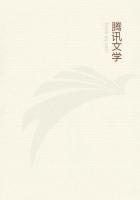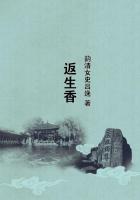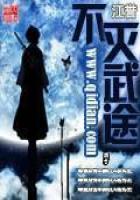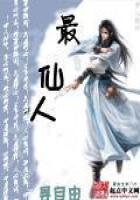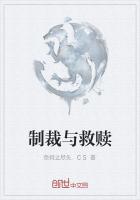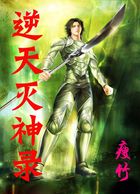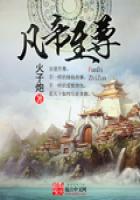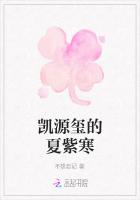The Growth of Wealth 1.In this chapter it is not necessary to distinguish the points of view in which wealth is regarded as the object of consumption and as an agent of production; we are concerned with the growth of wealth simply, and we have no need to emphasize its uses as capital.
The earliest forms of wealth were probably implements for hunting and fishing, and personal ornaments; and, in cold countries, clothing and huts.(1*) During this stage the domestication of animals began; but at first they were probably cared for chiefly for their own sake, because they were beautiful, and it was pleasant to have them; they were, like articles of personal ornament, desired because of the immediate gratification to be derived from their possession rather than as a provision against future needs.(2*) Gradually the herds of domesticated animals increased; and during the pastoral stage they were at once the pleasure and the pride of their possessors, the outward emblems of social rank, and by far the most important store of wealth accumulated as a provision against future needs.
As numbers thickened and the people settled down to agriculture, cultivated land took the first place in the inventory of wealth; and that part of the value of the land which was due to improvements (among which wells held a conspicuous place) became the chief element of capital, in the narrower sense of the term.Next in importance came houses, domesticated animals, and in some places boats and ships; but the implements of production, whether for use in agriculture or in domestic manufactures, remained for a long time of little value.In some places, however, precious stones and the precious metals in various forms became early a leading object of desire and a recognized means of hoarding wealth; while, to say nothing of the palaces of monarchs, a large part of social wealth in many comparatively rude civilizations took the form of edifices for public purposes, chiefly religious, and of roads and bridges, of canals and irrigation works.
For some thousands of years these remained the chief forms of accumulated wealth.In towns indeed houses and household furniture took the first place, and stocks of the more expensive of raw materials counted for a good deal; but though the inhabitants of the towns had often more wealth per head than those of the country, their total numbers were small; and their aggregate wealth was very much less than that of the country.
During all this time the only trade that used very expensive implements was the trade of carrying goods by water: the weaver's looms, the husbandman's ploughs and the blacksmith's anvils were of simple construction and were of little account beside the merchant's ships.But in the eighteenth century England inaugurated the era of expensive implements.
The implements of the English farmer had been rising slowly in value for a long time; but the progress was quickened in the eighteenth century.After a while the use first of water power and then of steam power caused the rapid Substitution of expensive machinery for inexpensive hand tools in one department of production after another.As in earlier times the most expensive implements were ships and in some cases canals for navigation and irrigation, so now they are the means of locomotion in general; -- railways.and tramways, canals, docks and ships, telegraph and telephone systems and water-works: even gas-works might almost come under this head, on the ground that a great part of their plant is devoted to distributing the gas.
After these come mines and iron and chemical works, ship-building yards, printing-presses, and other large factories full of expensive machinery.
On whichever side we look we find that the progress and diffusion of knowledge are constantly leading to the adoption of new processes and new machinery which economize human effort on condition that some of the effort is spent a good while before the attainment of the ultimate ends to which it is directed.It is not easy to measure this progress exactly, because many modern industries had no counterpart in ancient times.But let us compare the past and present conditions of the four great industries the products of which have not changed their general character: viz.agriculture, the building, the cloth-making, and the carrying trades.In the first two of these hand work still retains an important place: but even in them there is a great development of expensive machinery.Compare for instance the rude implements of an Indian Ryot even of to-day with the equipment of a progressive Lowland farmer;(3*) and consider the brick-making, mortar-making, sawing, planing, moulding and slotting machines of a modern builder, his steam cranes and his electric light.And if we turn to the textile trades, or at least to those of them which make the simpler products, we find each operative in early times content with implements the cost of which was equivalent to but a few months of his labour; while in modern times it is estimated that for each man, woman and child employed there is a capital in plant alone of more than ?00, or say the equivalent of five years' labour.Again the cost of a steam-ship is perhaps equivalent to the labour for fifteen years or more of those who work her; while a capital of about ?,000,000,000 invested in railways in England and Wales is equivalent to the work for more than twenty years of the 300,000 wage-earners employed on them.

